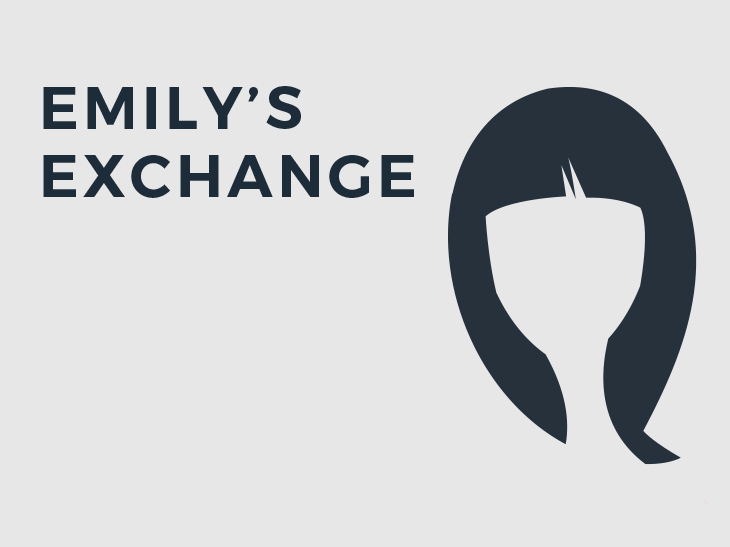Pressure is mounting on the government to step in and help tackle Britain’s growing dependence on debt, with urgent calls being made this week from the FCA and senior members of parliament.
The Bank of England has already warned that it could hike interest rates within months to bring inflation down to its 2% target, which could be disastrous for borrowers that had been lulled to sleep against the breeze of cheap money.
Unfortunately, there’s not an easy solution to the economic conundrum of when to start normalising monetary policy.
Enrolled on policies designed to stimulate the economy, Central Banks across the world want to return to more normal monetary policy sooner rather than later. This would involve increasing interest rates and withdrawing from quantitative easing programmes – where new money is created to buy investments like government bonds.
Looking to the UK specifically, it’s a tough environment to hike rates in and Bank of England governor Mark Carney has a tough balancing game to play to get his next move right.
The British economy is contradictory; unemployment has just reached a 40-year low, but wage growth has stagnated. This wasn’t an urgent problem until the summer of 2016.
Britain’s vote for Brexit pushed the pound off a cliff edge, and it’s struggled to claw itself back since. Along with recent oil momentum, the weak pound has fuelled inflation, as the higher cost of imports feeds through into your weekly shop.
Inflation bounced back to 2.9% in August and is expected to reach 3% year-on-year in October. Retailers and online shops just recorded their largest jump in annual price growth since March 1992.
Brits still spending
What’s more interesting is that Brits are refusing to stop flashing the cash – or plastic. Not only were July’s official retail sales figures upgraded to 0.6% this week, but we also found out they jumped another 1% in August.
Sterling strengthened on the news, but I think it paints a concerning picture of the UK’s economic health. This big question; where is this money coming from?
The numbers suggest that Brits are going deeper into the red to make it to the end of the month. Credit ratings company Moody’s has now warned that some borrowers will struggle to repay their debt as inflation continues to chop away into their earnings.
Levels of personal debt
The numbers are enough raise suspicion. A binge on cheap credit has pushed consumer debt up 10% over the past year, with unsecure debt – that’s loans on credit cards, car finance and personal debt – returning to levels not seen since just before the 2008 financial crisis, £200 billion.
New figures from the Money Advice Service show that 8.3 million people now have problem debts in the UK.
There’s also a worrying jump in the number of young people struggling with bad debts, with 51% of women and 45% of men having to borrow money to make it to the end of the month.
This report, from the Young Women’s Trust, also found that a quarter of young people are constantly in debt, feeling the pressure of insecure work, rising prices and the failure of wages to keep up with inflation.
An interest rate hike could be painful
Whilst a hike in interest rates will be welcome news for savers who have watched inflation eat into their cash savings, it will signal the start of a tough time for many borrowers.
I’ve warned before that indebted households will likely be faced with two options; either stop spending or default on their repayments – both of which will hit the economy hard.
Right now, many people across the UK are feeling the squeeze –myself included. And I know it can be tempting to ignore the high cost of living to maintain a lifestyle my budget can’t quite afford anymore.
It’s important to take stock of what we can now, and either stick to a savings plan or put one in place. If you can, make your money work harder for you on the market to ensure inflation doesn’t eat into the purchasing power of your cash.
You might need to sacrifice on a meal with friends here and there, or your daily latter, but by putting your money to better use by investing it today, you’re hoping to avoid some tough situations down the line.
With an interest rate hike looking increasingly likely everyone needs to have their finances up to scratch. Look at everything from your mortgage through to your credit cards.
We bought a car on finance a short while ago. It was a good deal and meant we could leave our money invested, but if interest rates changed it would have costed us more. We just paid that back early and received a discount for doing so.
1 https://www.theguardian.com/business/2017/sep/18/uk-debt-crisis-credit-cards-car-loans





